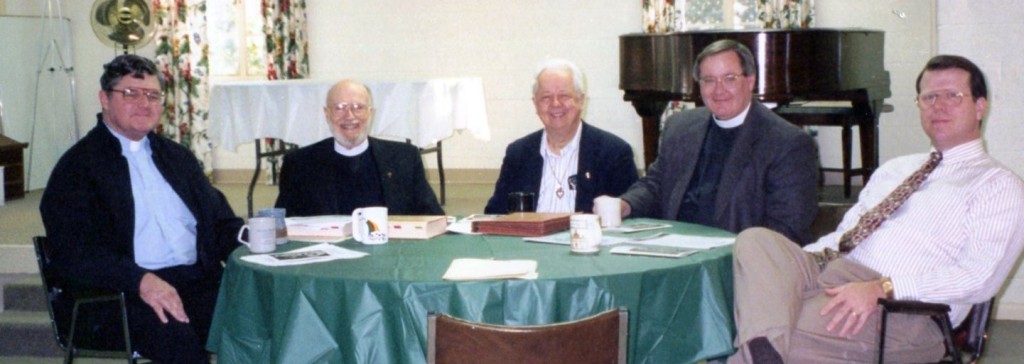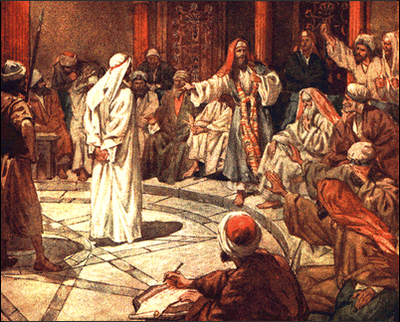One of the most significant seasons of my spiritual journey was with a small group of pastors in Moultrie, Georgia (circa 1990s) who met weekly to study the gospel text of the common lectionary. The group consisted of an ecumenical mix of two Episcopal priests, one Catholic priest, two Methodist pastors, one Baptist pastor, and me (the Pentecostal). One might wonder how such a group could meet without theological debate, but as we met each week and focused on our gospel study, we discovered we had more about which we agreed than disagreed. In this diversity, each person contributed from his ecclesiastical tradition and was eager to learn about the traditions of others. I have often said that it was in those meetings that I received my theological education.


